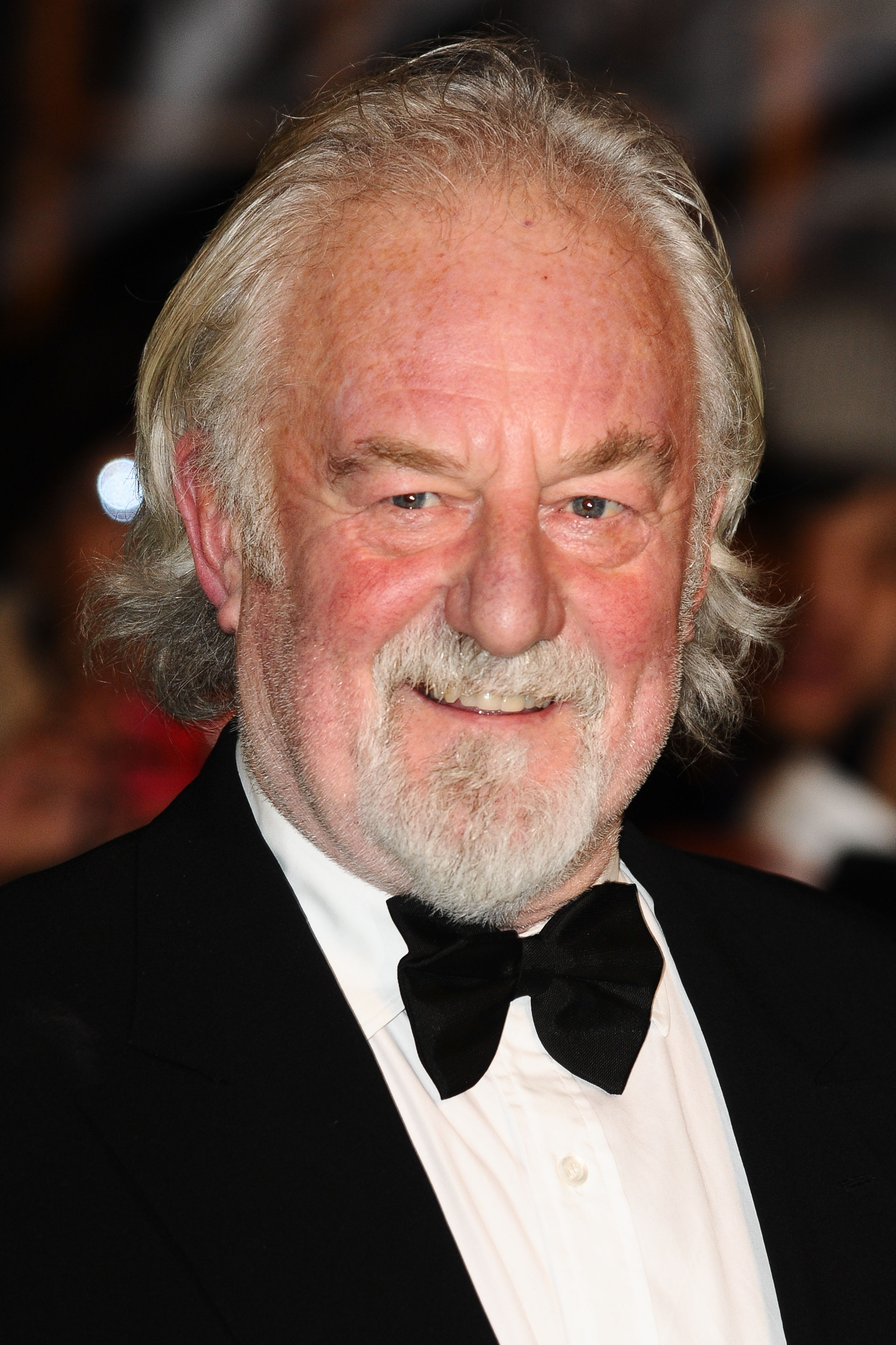News | Monday, 24th May 2021
Young people from refugee backgrounds to create new biographies of museum’s ancient historical objects
Artefacts held by Manchester Museum will be reinterpreted by young people from same regions of origin

Young people from refugee backgrounds will work with University experts and community artists to produce new narratives of ancient artefacts held in museum collections.
Up to 20 young ‘citizen scientists’, aged 16-24, will conduct archival research and draw on their own life experiences to generate new biographies of items from their own regions of origin, increasing public understanding of the forced migration of both people and objects.
These creative biographies will form a new Manchester Museum exhibition and be accessible in their online archives.
This research will challenge exclusionary narratives about refugees in the UK by producing object biographies that demonstrate the long history of migration and colonialism, which continues to affect people today.
The ‘Ancient History, Contemporary Belonging’ project is led by Manchester Metropolitan University, part of the groundbreaking £1.46m UK Research and Innovation (UKRI) Citizen Science Investment into projects where the public are directly involved in the research process.
The 20-month project brings together Senior Lecturer in Ancient History Dr Jennifer Cromwell and sociologist Dr Caitlin Nunn from the Manchester Centre for Youth Studies (MCYS) at Manchester Metropolitan University, curators and archivists from Manchester Museum and community artists from Sheba Arts, who will lead participatory creative workshops with the young people from Greater Manchester.
Dr Nunn, Research Fellow at MCYS at Manchester Metropolitan, said: “UK Black Lives Matter activism has reinvigorated critical discussions about how, by whom, and for whom history is represented, and with what consequences. In collaborating with refugee-background young people, whose voices are rarely heard in public discourse, we hope this project will create a unique opportunity to explore shared histories and inheritances, and to open up new possibilities for a more inclusive politics of belonging in the UK.”
Dr Campbell Price, Curator of Egypt and Sudan at Manchester Museum, said: “This innovative project contributes powerfully to our vision to promote understanding between cultures based on collections, and in helping to create new narratives as we reopen our galleries in 2022”.
Research
‘Ancient History, Contemporary Belonging’ responds to the need for a modern retelling of how ancient historical objects entered UK museum collections. The details of how artefacts from across Africa and Asia were taken from their country of origin are often sparse, and have only occasionally been subject to scholarly research.
In collaborating with refugee-background young people, whose voices are rarely heard in public discourse, we hope this project will create a unique opportunity to explore shared histories and inheritances, and to open up new possibilities for a more inclusive politics of belonging in the UK
Young people involved in the research will select objects of interest from Manchester Museum’s collections, and work with museum archives and other sources to research their history. The Museum’s collection includes artefacts from Africa (primarily Egypt and northern Sudan), the eastern Mediterranean (Syria, Palestine), and western Asia (Iran, Iraq), acquired during the late 19th and early 20th centuries, a time when British colonial influence in these regions enabled the removal of vast quantities of archaeological material. These regions overlap significantly with the countries of origin of many of the UK’s contemporary forced migrants.
The young citizen scientists will be introduced to this material by specialists, who will assist them with archival research, while the young people’s cultural and linguistic input will potentially expand the archival material that can be accessed.
Under the mentorship of Sheba Arts’ experienced, migrant-background community artists, the young citizen scientists will use art forms to explore how their own ideas and experiences of forced migration intersect with their archival research. This creative, participatory work will be undertaken through a series of arts workshops, which will include 3D replicas of objects, enabling tactile manipulation of the items.
These exciting new projects will see researchers and communities collaborate on a range of issues that affect our societies, from plastic pollution to mental health, supporting people from outside of the research and innovation system to bring their unique experiences and perspectives into the research process, helping them to develop new skills and knowledge which they can use in their own lives
The resulting exhibition of creative biographies, alongside the original objects, at Manchester Museum and online, will engage diverse audiences in critical reflection of the forced migration of objects and people, and contribute to the decolonisation of ancient history and heritage.
UKRI Citizen Science Investment
The UKRI Citizen Science Investment programme aims to benefit the research process by involving the public, and allow participants to develop new skills and knowledge which they can then use in their own lives. By drawing directly on the expertise and experiences of people from across the UK, they will produce impactful research that can be valued and shared by all.
Tom Saunders, Head of Public Engagement at UK Research and Innovation said: “UKRI is committed to breaking down the barriers between research and society and involving the public in research is one way we aim to do this.
“These exciting new projects will see researchers and communities collaborate on a range of issues that affect our societies, from plastic pollution to mental health, supporting people from outside of the research and innovation system to bring their unique experiences and perspectives into the research process, helping them to develop new skills and knowledge which they can use in their own lives.”




